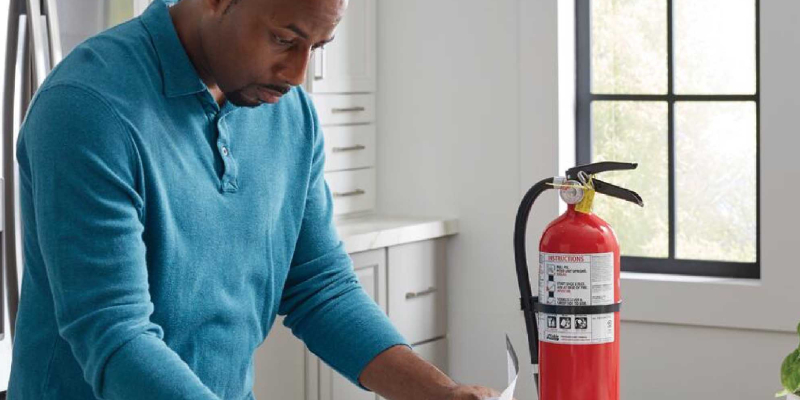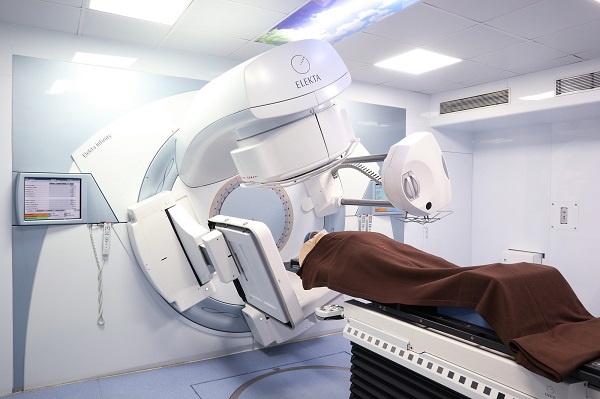
Guidelines For Preventing Fires At Diagnostic Centers
Fires and other emergencies are a high-pressure component of healthcare facility management. Fires in nursing homes are often caused by a lack of attention to safety details. Fire prevention is an important practice in hospitals, medical clinics, nursing homes, and other healthcare establishments, without a doubt. Fire accidents can result in significant property and life loss if not tended to immediately.
This article provides a brief rundown of safety tips your nearest CT scan center (https://www.andersondiagnostics.com/ct-scan/) or health care facilities must follow. Find the full list here.
Fire Safety Tips For Healthcare Facilities

Fire safety is critical for healthcare facilities, and individuals should be aware of the following important fire safety precautions.
- Fires in residential buildings are frequently caused by people being careless with their cigarettes or other smoking materials. Smoking should be strictly prohibited in the facility, especially among patients.
- Check for fires in areas that are more likely to occur, and replace any appliances that emit sparks, smoke, or strange odours.
- Fire alarms and fire suppression systems should be maintained and serviced regularly.
- Fire drills are important to ensure employees know the evacuation routes and procedures. Fire doors should be maintained, and all employees should be trained on using fire extinguishers. In a fire, staff should know how to shut off oxygen and compressed gas.
- Fire safety in healthcare facilities requires routine inspections of cooking equipment, electrical wiring, oxygen tanks, and fire extinguishing equipment.
- Facilities should provide fire protection and alarm systems for healthcare facilities. It is important to ensure that every exit and hallway is clear.
- Fire sprinklers and suppression systems should be maintained at all times. Extinguishers should be combined with automatic sprinklers and extinguishers to maximise effectiveness.
- The most common cause of fires in healthcare facilities is cooking equipment. Grease fires can be avoided by emptying grease traps regularly.
- Fire extinguishers should be kept close to cooking equipment, and electrical cords should be examined for fraying or tears. Fire extinguishers should be inspected monthly and replaced if they fail.
- Fires caused by electrical malfunctions are more common than cooking fires and are often caused by general materials. Fire departments recommend avoiding extension cords in the same way that kitchen fires are prevented. Multi-plug adaptors can overtax the electrical outlet, and the fire department was called to put out a fire that started while a patient was receiving oxygen.
- If a fire breaks out, all employees must remain calm and work together to put it out. Closing doors and hallways should contain fires, and extinguishing larger fires should be left to the professionals. A fire audit survey must be conducted to ensure that proper fire prevention measures are followed.
Key Takeaway:
Fire prevention measures in hospitals and the best scan centre include fixed evacuation points, fire equipment, and regular maintenance. Fire drills also ensure that staff are prepared for emergencies. Most importantly, fire detection equipment must be installed in critical areas of hospitals to prevent fire hazards.
